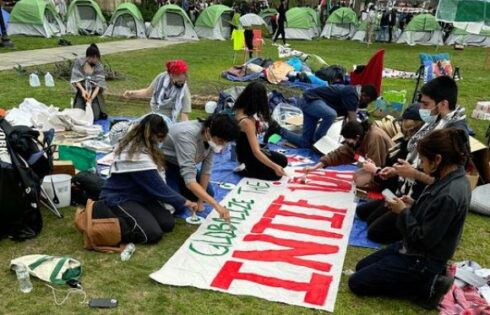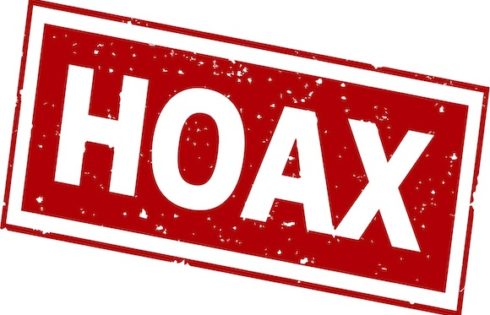
Threatening speech, or just criticism?
If California’s campus administrators wanted another excuse to censor and retaliate against students and faculty who criticize them or offer dissenting views, the state’s high court gave it to them.
Ostensibly ruling on the “special relationship” that exists between students and their institutions in an academic context, the California Supreme Court’s decision could be interpreted much more broadly, according to a civil liberties group.
The court ruled that colleges can be held liable for “foreseeable” violence in “curricular activities,” and not just in the classroom, in response to a student who sued UCLA after she was stabbed by a delusional classmate.
Samantha Harris, vice president of policy research for the Foundation for Individual Rights in Education, warns in a blog post that administrators already set the bar low for what they consider threatening behavior:
In the context of a schizophrenic student who stabbed a classmate in the chest during chemistry lab, this ruling may seem wholly reasonable. But this is where the “hard cases make bad law” adage comes in.
She notes that the 2007 massacre at Virginia Tech, cited by the California high court, was followed a few months later by a Georgia public university expelling a student as a “clear and present danger” … because he criticized the construction of a parking garage. (Valdosta State eventually settled for $900,000 to spare its president from facing personally crippling damages.)
MORE: California students can sue colleges for violence during ‘curricular activities’
Harris continues, citing the example of the student investigated for making a joke about “ANTIFA hunting permits“:
In the years following the Virginia Tech massacre, Barnes’ case was just one of numerous instances in which students or faculty faced censorship for protected speech because a university characterized it as potentially threatening, and the problem continues to this day.
One of the confusing parts of the ruling is the obligation it extends to colleges for activities that are “closely related to its delivery of educational services,” which has no clear limitation, Harris says:
Colleges evaluating the prospect of liability under this decision should not interpret the opinion as a license to infringe on students’ First Amendment rights. But FIRE’s experience is that where a court decision has the potential to impact free expression on campus, it usually does — and we will keep you posted.
MORE: ‘ANTIFA hunting permits’ investigation violates college’s accreditation
IMAGE: pathdoc/Shutterstock
Like The College Fix on Facebook / Follow us on Twitter




Please join the conversation about our stories on Facebook, Twitter, Instagram, Reddit, MeWe, Rumble, Gab, Minds and Gettr.